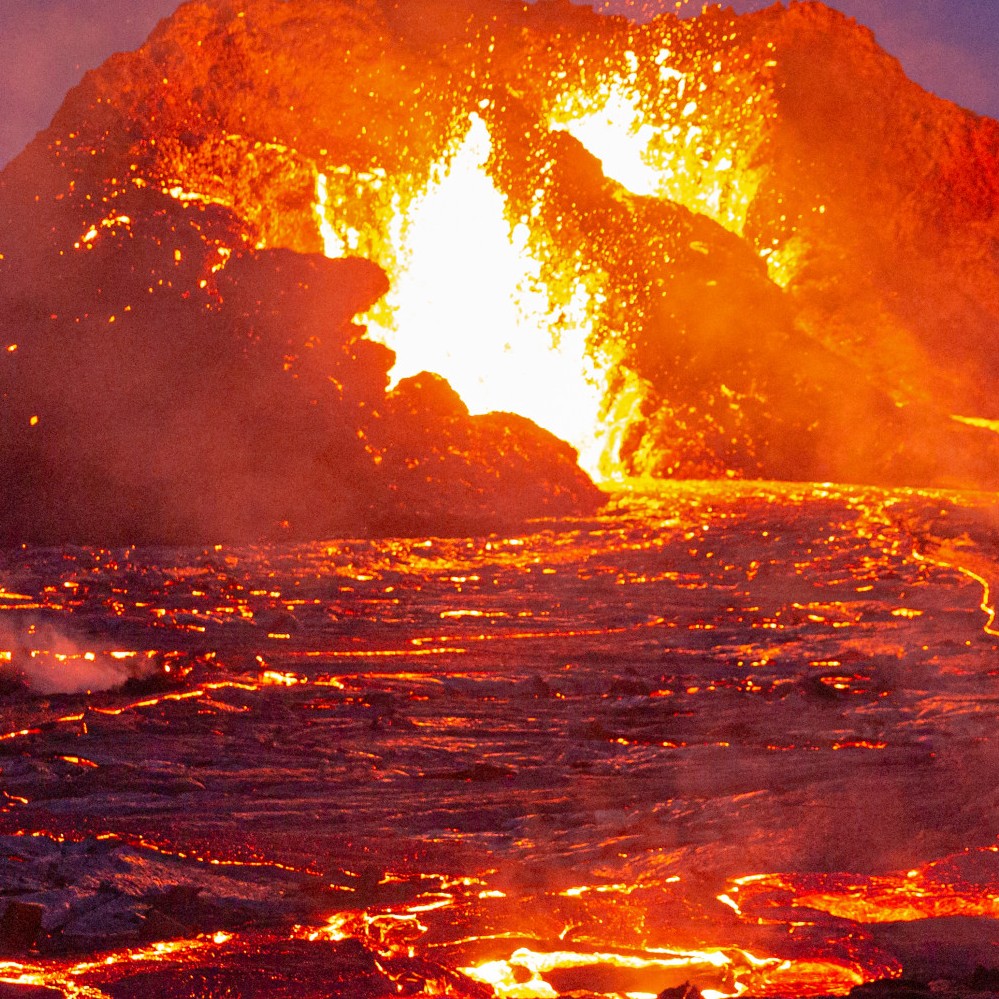Published:
Natural disasters have been increasing greatly in frequency and severity over the past couple of decades. The annual number of global natural disasters peaked in 2019 at 449. The cadence per year has averaged around 400 in the past few years.
The most prominent types of natural disasters are Floods and storms. In 2023. there were 164 floods and and 139 storms. Earthquakes, landslides, and wildfires are moderately frequent, averaging around 16-32 yearly. Droughts and extreme temperature natural disasters occur around 10 times a year, and volcanic activity is the least frequent, with four occurring in 2023.
The United States is affected the most by this increase by a landslide, followed by China, India, Brazil, Indonesia, the Philippines, and Pakistan. Since 2005, the world has suffered $300-400 billion annually as a direct result. There was a surge in losses amounting to over $720 billion in 2011, followed by another surge to $620 billion in 2017. This is greatly due to the direct impacts of many developed countries in late-stage capitalism and societal tendencies of mass production and consumerism.
Most recently, on April 1st, a volcano erupted in Grindavík on Iceland's Reykjanes Peninsula. Close to 4,000 residents of the town and over 1,000 guests at The Blue Lagoon Spa were forced to evacuate. The Blue Lagoon Spa is a geothermal spa offering both wellness treatments and spectacular views. It is one of Iceland’s most popular tourist attractions, drawing in over 700,000 visitors annually. The Spa is essential to Iceland’s economy. 35% of Iceland tourists visit the spa, and tourism accounts for 42% of Iceland’s economy, a significant increase compared to the last decade. In the past few years, Iceland has been experiencing a vast amount of volcanic activity. While the volcanos on the Reykjanes Peninsula were dormant for over 800 years, there have been 11 eruptions since 2021. The last eruption before this was only a few months ago, in November of 2024, and some residents are still displaced today. If eruptions continue to occur at this rate, it could be detrimental to Iceland’s economy. The Blue Lagoon Spa has already had to spend significant capital implementing protectionary cautions against the eruptions.
Iceland is not alone in the battle against natural disasters; Greece’s Aegean islands have also been experiencing extreme flash floods due to severe storms over the past week. It was the heaviest rainfall the islands have experienced in over 20 years. Infrastructure was severely damaged and will negatively impact everything from hotels, restaurants, tours, shops, and transportation. Paros and Mykonos, two of Greece’s hottest tourist destinations, were hit the hardest. This poses significant risks for Greece’s economy as one of the most popular travel seasons is approaching in only a few weeks. In 2024, Tourism contributed almost $50 billion to Greece’s GDP. Additionally, this will disrupt Greece’s agriculture industry, as it is a major producer of olive oil and wine, and the flooding damaged many crops. Allianz Greece and Ethniki Insurance, two of Greece’s most popular insurance companies, are projected to experience large financial losses due to the floods damaging a considerable amount of infrastructure.
Prior to the floods, Greece was also experiencing challenges trying to recover from the thousands of earthquakes that had been occurring in Athens over the past couple of months, many of them so severe that a state of emergency was declared in Santorini, and schools were closed for weeks. Along with this, at the end of March, Mandalay, Burma’s second-largest city, experienced a 7.7 magnitude earthquake. It caused a great deal of damage to cultural and religious sites. Shwe Sar Yan Pagoda, a large Buddhist complex almost 1,000 years old, crumbled as a result of the earthquake. This is not only detrimental from a tourism perspective but also will result in a significant loss of community.
In summary, the rise in natural disasters underscores the urgent need for businesses and governments to develop better strategies for coping with their economic impact. The recent events in Iceland and Greece, along with the devastating earthquake in Myanmar, emphasize the vulnerability of critical sectors such as tourism and agriculture to unpredictable environmental events. As climate change exacerbates these challenges, resilience and proactive planning will be key to minimizing damage and ensuring recovery.
File under






